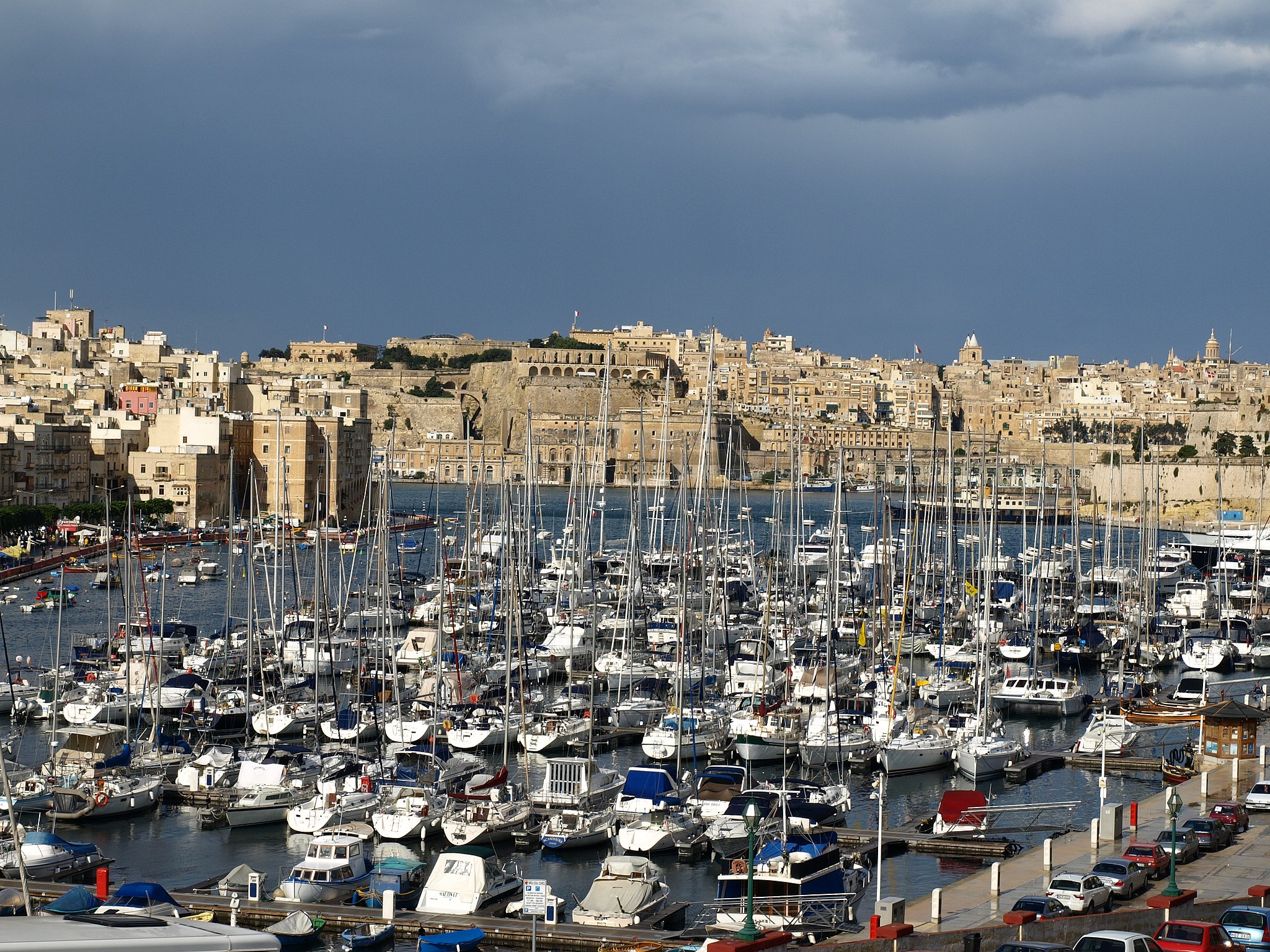What Does Brexit Mean For UK Citizens Living In Malta?
On the 19th of March 2017, Britain decided to exit the European Union in a process known as Brexit. The British government did this by activating Article 50 of the European Union Treaty to leave the EU, and this withdrawal process had a number of implications not just on Brits in the UK but for expats who reside in EU countries like Malta. In this article, we’re going to take a look at the relationship between Malta and Brexit.
The state of UK citizens in Malta
As of this writing, some 12, 000 or more Britons currently call Malta home, making them the country’s largest foreign community. The weather in Malta is much better than the dreary skies of Britain and so is the food. Plus, British expats in Malta don’t have to go through the awful bother of mastering a foreign tongue as English is an official language in Malta.
Changes instigated by Brexit
Although Brexit doesn’t mean that Malta will send Britons packing, it’ll still have certain consequences on their stay. For instance, it’ll be difficult for British citizens to move around the EU region and UK expats living in Malta can expect to deal with higher property taxes, as well as changes in work and residency permits.
It’s important to note that most UK citizens living in Malta own property in the country and Brexit will affect tax and inheritance laws related to that property. This is an important consideration for pensioners who’ve decided to retire in Malta. British expats may also see their healthcare, pension and other benefits affected by Brexit, but none of that has been finalized yet.
Should Britain choose to apply stricter residency requirements for international expats, then it can be expected that Malta will respond by doing the same for new arrivals. There’s no denying that working in Malta will be particularly difficult for Brits in Malta where non-EU citizens require an employment license before they can even start looking for work.

Brexit also affects UK citizens that reside in Malta as ordinary residents. There’s a possibility that Britons will have to apply for residence under the Malta Residence and Visa Programme or the Global Residence Programme.
Hopefully, the UK and Maltese governments will enter into an agreement which allows UK citizens in Malta to retain their expat rights and residency.
Suffice to say, UK citizens don’t have to worry about being deported and Maltese citizens who reside in the UK will continue to benefit from their EU citizenship. Their ability to invest study, do business, live and work in the UK will not be affected by Brexit.
Tourism
Malta is a favoured holiday destination among UK citizens. Thanks to Brexit, travelling to Malta is considerably expensive for UK citizens now, especially because Britain is no longer part of the Schengen agreement either. However, the plummeting pound is also to blame for this situation.
Keep in mind that British citizens must provide their passport after landing in Malta and holidaying in this Mediterranean paradise will become significantly pricier than previous years. The good news is that London remains the centre of international aviation and travel, so UK citizens should enjoy the same routes to and from the UK.
Benefits
There’s a possibility that UK citizens will be treated as non-EU nationals when it comes to tax residency program benefits. This will have a direct effect on the amount of tax that UK citizens are expected to pay if they own property in the country.
Hopefully the UK will reach a beneficial agreement with Malta when it comes to other EU programmes offered by the Maltese government.
Treaties between Malta and the UK
It’s worth noting that all the treaties that the UK shares with Malta will remain unchanged. This means the two countries will continue to share reciprocal benefits when it comes to cooperation, social security and health benefits. This includes the bilateral Social Security and Health Agreements which were reached in 1956, as well as an uninterrupted bilateral agreement between Malta and the UK which goes back to the year 1975. This means that UK citizens in Malta will continue to benefit from the country’s free healthcare benefits